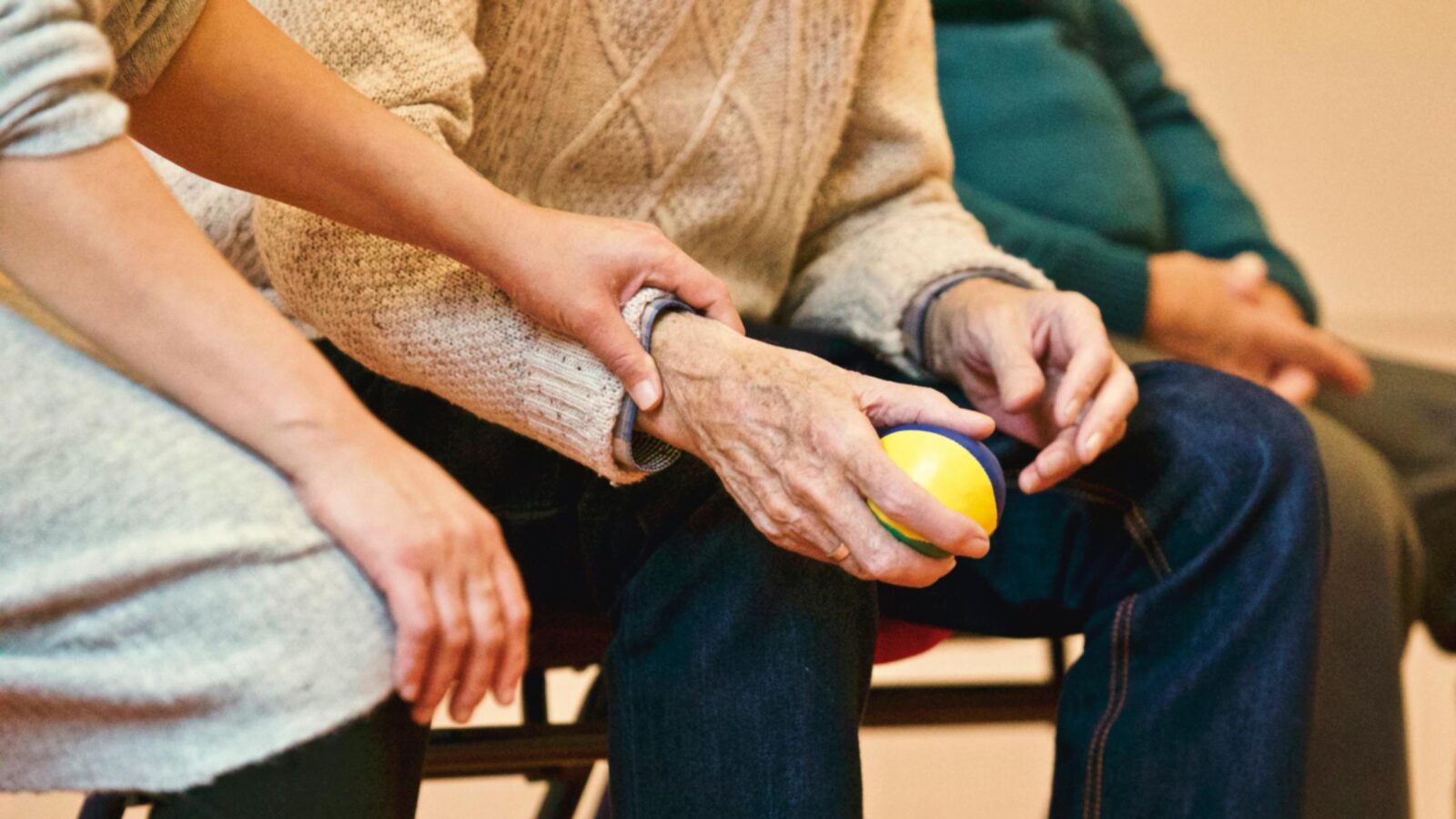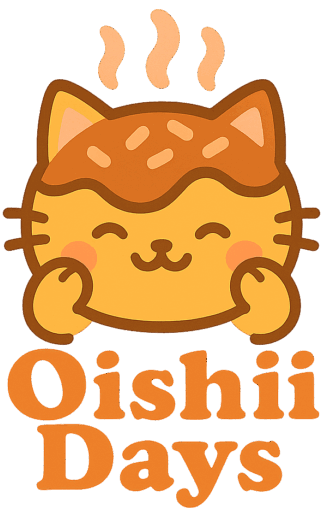Real Expressions from My Life as a Caregiver in Japan
Introduction
When I first started working in a day service (デイサービス) in Japan, the language barrier was my biggest fear.
Japanese used in caregiving isn’t just about grammar — it’s about tone, timing, and respect.
Over time, I started picking up simple but powerful phrases that I now use and hear every single day — from greetings to polite expressions, and even small care-related phrases that show respect to users.
These are not textbook phrases — they’re the real, everyday Japanese words that fill my workday. 🌿
1. Morning Greetings and Workplace Politeness
Every morning, when I arrive, the first thing I hear is:
「おはようございます!」 (Ohayō gozaimasu – Good morning!)
It doesn’t matter if I’m early or late — everyone greets each other.
It sets a positive mood and harmony for the day.
When we start working together, someone will usually say:
「よろしくおねがいします。」 (Yoroshiku onegai shimasu – Let’s work well together / Please take care of me.)
Throughout the day, you’ll constantly hear:
「おつかれさまです!」 (Otsukaresama desu – Thank you for your hard work.)
We say it a hundred times a day — when passing by each other, after finishing a task, or even just as a quick acknowledgment.
It’s a small but meaningful way to show appreciation and teamwork.
When I leave earlier than my senpai, I always say:
「おさきにしつれいします。」 (Osaki ni shitsurei shimasu – Excuse me for leaving first.)
And they always reply warmly with:
「おつかれさまでした。」 (Otsukaresama deshita – Thank you for your hard work.)
Even short exchanges like these carry a lot of respect and connection.
2. During Breaks and Conversations with Coworkers
When it’s time for lunch or a short break, we say:
「きゅうけい いってきます。」 (Kyūkei itte kimasu – I’m going on break.)
And when we return:
「もどりました。」 (Modorimashita – I’m back.)
Simple, polite, and keeps everyone informed.
We also constantly say:
「ありがとうございます!」 (Arigatō gozaimasu – Thank you very much.)
Honestly, I think I say this more than a hundred times a day!
It’s used not just for big things, but for every little act of help — handing a towel, passing documents, or helping a coworker finish a task.

3. The Art of “Koe Kakemasu” (声かけます)
In caregiving, we often use the phrase “声かけます (koe kakemasu)”, which means “I’ll call out” or “I’ll say something to the user.”
It’s about communication before action — giving users gentle notice and respect before we assist them.
Instead of suddenly touching or moving them, we always announce our intention first.
For example:
| Japanese | Romaji | English Meaning |
|---|---|---|
| 声かけますね。 | Koe kakemasu ne. | I’ll let you know / I’ll call out to you. |
| さわりますね。 | Sawarimasu ne. | I’ll touch you now. |
| たちましょうか? | Tachimashō ka? | Shall we stand up? |
| あしもと 気をつけてくださいね。 | Ashimoto ki o tsukete kudasai ne. | Please watch your step. |
| すこし まってください。 | Sukoshi matte kudasai. | Please wait a moment. |
These short phrases protect users’ safety and dignity.
Even when someone needs full assistance, we always ask permission and explain what we’re doing.
This habit of koe kakemasu creates trust — it tells the users, “You’re part of this, not just being cared for.”
4. Phrases I Use When Assisting Users (介助のとき)
Throughout the day, I use gentle, routine phrases like:
| Japanese | Romaji | English Meaning |
|---|---|---|
| のみもの いかがですか? | Nomimono ikaga desu ka? | Would you like a drink? |
| のみもの、もってきましょうか? | Nomimono, motte kimashō ka? | Shall I bring you a drink? |
| ロッカーに いれましょうか? | Rokkā ni iremashō ka? | Shall I put this in your locker? |
| すわってくださいね。 | Suwatte kudasai ne. | Please sit down. |
| あぶないですよ。 | Abunai desu yo. | Be careful. |
| ゆっくりで だいじょうぶですよ。 | Yukkuri de daijōbu desu yo. | Take your time — no rush. |
| てつだいましょうか? | Tetsudaimashō ka? | May I help you? |
Even if users can move on their own, these small phrases remind them to be safe and show that we care.
It’s also part of our risk prevention — preventing falls and keeping everyone calm and secure.

5. Phrases I Hear Often Around the Workplace
Here are some expressions my coworkers use regularly — and now, I find myself saying them too:
| Japanese | Romaji | English Meaning |
|---|---|---|
| おねがいします! | Onegai shimasu! | Please (used constantly in teamwork). |
| はい、わかりました。 | Hai, wakarimashita. | Yes, understood. |
| だいじょうぶですか? | Daijōbu desu ka? | Are you okay? |
| おねがいしてもいいですか? | Onegai shite mo ii desu ka? | May I ask for your help? |
| つぎ、なにしますか? | Tsugi, nani shimasu ka? | What should I do next? |
| きょうも がんばりましょう! | Kyō mo ganbarimashō! | Let’s do our best today! |
Even on busy days, these cheerful phrases create a sense of unity.
No one works completely alone — we’re always listening, supporting, and encouraging each other.
Reflection
When I think about it, my workday is made up of hundreds of small words — “ohayō,” “arigatō,” “otsukaresama.”
They might seem simple, but they carry warmth, gratitude, and care.
I realized that in Japan, communication itself is a form of care.
Saying “I’ll touch you now” or “Please take your time” is not just politeness — it’s showing respect for someone’s independence and feelings.
These phrases have become more than just words for me.
They’re part of how I connect, protect, and care for others — one gentle sentence at a time.

